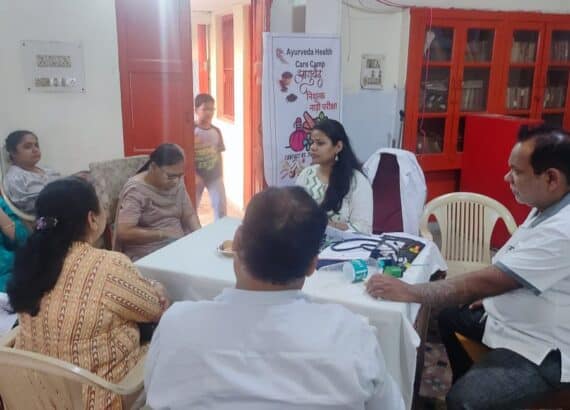The Role of Inflammation in PCOS & PCOD: What You Need to Know

PCOS (polycystic ovary syndrome) and PCOD (polycystic ovarian disease) are common hormonal disorders that affect women worldwide. Both conditions can cause various symptoms, including irregular periods, acne, weight gain, and fertility issues. While the exact cause of PCOS and PCOD is unknown, research suggests that inflammation may play a significant role. In this article, we will explore the link between PCOS and inflammation and provide tips for managing inflammation to help improve PCOS symptoms and overall health.
A chronic low-grade inflammation is a common denominator of PCOS.
The Link between PCOS and Inflammation
Inflammation is a natural process that occurs in the body in response to injury or infection. However, when inflammation becomes chronic, it can lead to a range of health problems, including insulin resistance and hormonal imbalances. In women with PCOS and PCOD, chronic inflammation can exacerbate their symptoms and make it more challenging to manage their condition.
How Inflammation Affects PCOS & PCOD
Inflammation can affect PCOS and PCOD in several ways. First, chronic inflammation can contribute to insulin resistance, a condition in which the body’s cells become resistant to insulin, a hormone that regulates blood sugar levels. Insulin resistance can lead to high levels of insulin in the blood, which can increase the production of androgens (male hormones) in the ovaries. This, in turn, can cause the symptoms associated with PCOS and PCOD, such as acne, hair loss, and irregular periods.
Second, chronic inflammation can also disrupt the delicate balance of hormones in the body, leading to further hormonal imbalances. This can lead to a range of symptoms, including weight gain, fatigue, and mood swings.
Managing Inflammation in PCOS & PCOD
Managing inflammation is an essential part of managing PCOS and PCOD. Here are some tips that can help:
- Eat an Anti-Inflammatory Diet : Eating a diet rich in anti-inflammatory foods can help reduce inflammation in the body. Some examples of anti-inflammatory foods include fatty fish, nuts, seeds, and fruits and vegetables. These foods are high in antioxidants and other nutrients that can help reduce inflammation and improve overall health.
- Exercise Regularly : Regular exercise has been shown to reduce inflammation in the body. Aim for at least 30 minutes of moderate exercise most days of the week. Exercise can also help regulate insulin levels, improve mood, and reduce stress, all of which can help manage PCOS symptoms.
- Manage Stress : Chronic stress can increase inflammation in the body. Practice stress-reducing activities, such as yoga or meditation, to help manage stress. Other stress management techniques include getting enough sleep, spending time in nature, and practicing deep breathing exercises.
- Consider Supplements : Certain supplements, such as omega-3 fatty acids and curcumin, can help reduce inflammation in the body. These supplements are available over-the-counter and can be taken in pill form or added to your diet in the form of supplements or spices.
Conclusion
Inflammation plays a significant role in the development and management of PCOS and PCOD. By taking steps to manage inflammation, such as eating an anti-inflammatory diet, exercising regularly, managing stress, and considering supplements, women with PCOS can improve their symptoms and overall health. Remember, small changes can make a big difference in managing PCOS, so start with one or two tips and gradually incorporate more into your lifestyle. Let’s prioritize our health and take steps to reduce chronic inflammation in our bodies!
FAQs
Q: Can inflammation cause PCOS or PCOD?
A: The exact cause of PCOS and PCOD is unknown, but chronic inflammation may exacerbate symptoms.
Q: Can an anti-inflammatory diet help manage PCOS and PCOD?
A: Yes, eating a diet rich in anti-inflammatory foods can help reduce inflammation in the body and may help manage symptoms.
Q: What supplements can help reduce inflammation in PCOS and PCOD?
A: Omega-3 fatty acids and curcumin are two supplements that have been shown to reduce inflammation in the body.





